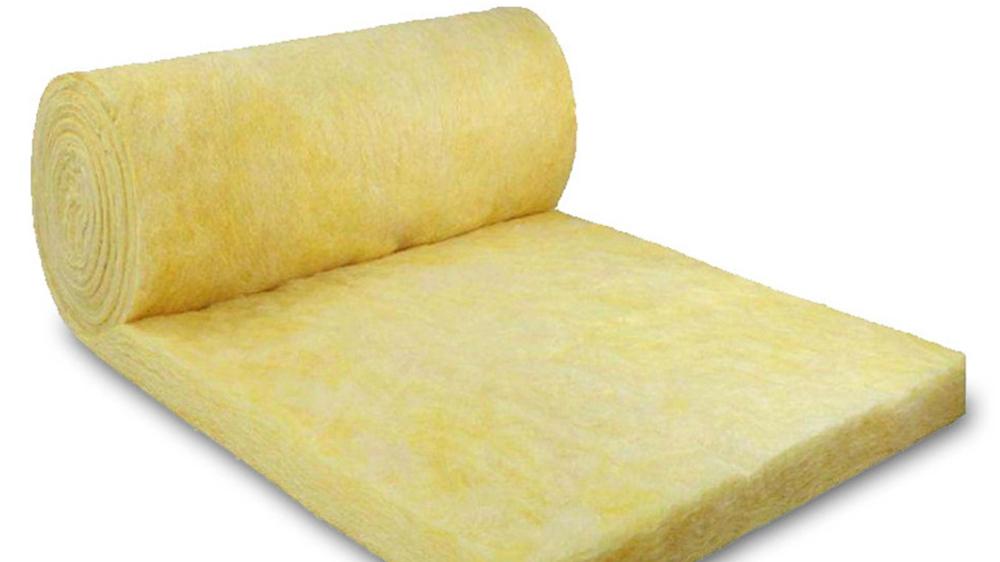Latest Tips: What is the Life Expectancy of Insulation?
Discover expert insights with FUNAS on the life expectancy of insulation. Our latest tips explore what factors impact durability and performance, helping you make informed decisions for your home or business. Stay updated with FUNAS for reliable information on insulation longevity and enhance your space's energy efficiency today.

Fiberglass Insulation
-
Life Expectancy: 50 years or more
-
Factors: Fiberglass is durable and resistant to mold and mildew. However, its performance can decline if it becomes wet or compressed.
-
Spray Foam Insulation
-
Life Expectancy: 20 to 30 years
-
Factors: Spray foam insulation is highly effective at sealing gaps and preventing air leaks. Its lifespan depends on factors like UV exposure and mechanical damage, particularly for open-cell foam.
-
Cellulose Insulation
-
Life Expectancy: 20 to 30 years
-
Factors: Made from recycled paper, cellulose is biodegradable and can settle over time, reducing its effectiveness. Proper installation and pest control are crucial for longevity.
Mineral Wool (Rock Wool) Insulation
-
Life Expectancy: 50 years or more
-
Factors: Mineral wool is highly resistant to fire, moisture, and mold. It's often used in industrial and commercial applications and can last as long as the building it insulates.
Cotton (Denim) Insulation
-
Life Expectancy: 20 to 50 years
-
Factors: Cotton insulation is made from recycled denim and can degrade faster than other types if exposed to moisture, but it is resistant to pests and mold when installed properly.
-
Polystyrene (EPS or XPS) Insulation
-
Life Expectancy: 50 years or more
-
Factors: Rigid foam boards like EPS and XPS are durable and provide excellent insulation for buildings. However, they can be sensitive to UV radiation, which can degrade their effectiveness over time.
-
Reflective or Radiant Barrier Insulation
-
Life Expectancy: 10 to 20 years
-
Factors: This insulation type reflects heat rather than absorbs it. Its lifespan can be shorter because the reflective coating can degrade or lose effectiveness over time, especially if exposed to moisture or high humidity.
-
Factors Affecting Insulation Longevity
-
Moisture: Insulation exposed to water or high humidity can degrade faster, especially cellulose and fiberglass.
-
Compression: Compressed insulation loses its effectiveness. For example, fiberglass batt insulation may not perform well if it’s squashed.
-
Pests: Rodents or insects can damage certain types of insulation, such as cellulose and cotton.
-
Exposure to UV: UV light can break down some insulation materials, particularly spray foam and reflective barriers.
-
Installation Quality: Proper installation plays a crucial role in ensuring insulation performs optimally over time.

7 Dangerous Mistakes to Avoid When Selecting insulating materials for Your Car (2026 Guide)

Polyurethane Foam 2026: Guide to HFO Compliance & Performance

The Ultimate 2026 Rock Wool Bible: Why It Beats Fiberglass Every Single Time [Full Comparison]

Why Glass Wool is the Secret to a 40% Lower Energy Bill: An Expert Deep Dive
service
What is your shipping and delivery process like?
We offer reliable logistics services for insulation material wholesale, both domestically and internationally. Our team ensures secure packaging, timely shipping, and real-time tracking so that your order reaches you in perfect condition and on schedule.
How does your technical support work?
Our technical support team is available to guide you through every stage of your project—from product selection and design to installation. We provide expert consultation to ensure that you get the best insulation solution for your needs and can assist with troubleshooting if needed.
Can I request custom dimensions or properties for my insulation needs?
Yes, we specialize in custom solutions. Whether you need specific dimensions, thicknesses, densities, or additional coatings, we can work with you to manufacture insulation products tailored to your exact requirements of good materials for heat insulation.
What types of rubber foam insulation products do you offer?
We offer a wide range of rubber foam insulation products, including custom shapes and sizes, thermal and acoustic insulation solutions, and options with specialized coatings such as flame retardancy and water resistance. Our products are suitable for applications in HVAC, automotive, construction, and more.
You might also like

Wholesale Glass Wool Board Panel Sheet with or without aluminum foil
Premium glass wool board with excellent thermal insulation and sound absorption. Suitable for different construction needs.

Wholesale Rock Wool Mineral Wool Board Panel Sheet
High-performance rock wool board for superior thermal and acoustic insulation. A reliable choice for building projects.

Wholesale Roof And Wall Thermal Heat Insulation 50mm Thickness Aluminum Foil Fiberglass Insulation Panel Board Glass Wool Price
Glass wool is the molten glass fiber, the formation of cotton-like material, chemical composition belongs to the glass category, is a kind of inorganic fiber. With good molding, small volume density, thermal conductivity both, thermal insulation, sound absorption performance is good, corrosion resistance, chemical stability and so on.

Wholesale black Rubber-plastic Board Rubber foam panel sheet
Leave a message
Have any questions or concerns about our products? Please leave us a message here and our team will get back to you promptly.
Your queries, ideas, and collaboration opportunities are just a click away. Let’s start a conversation.


















































